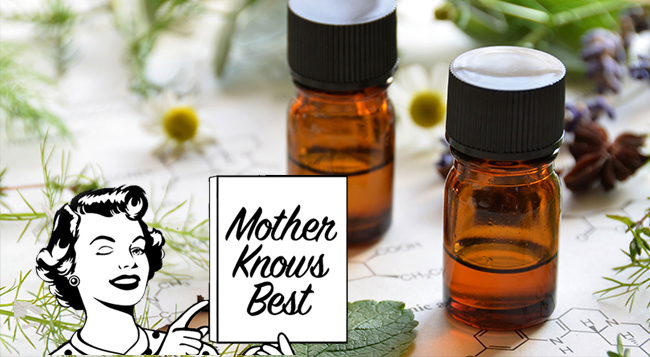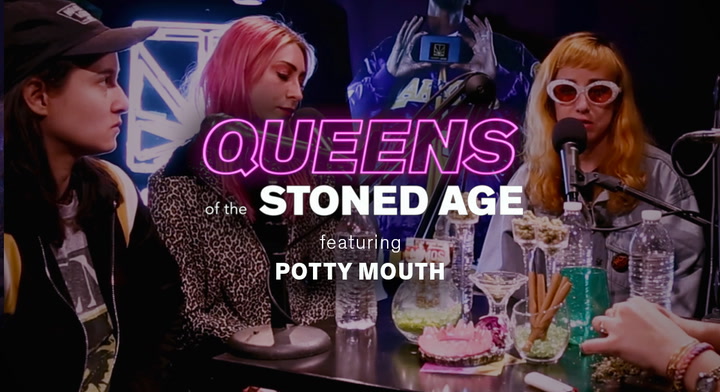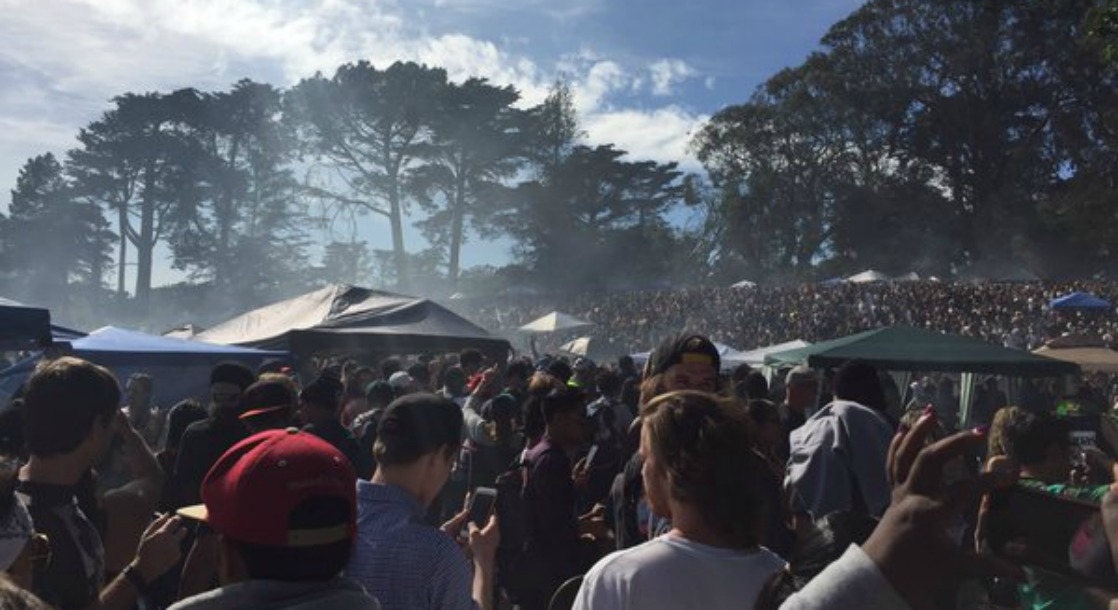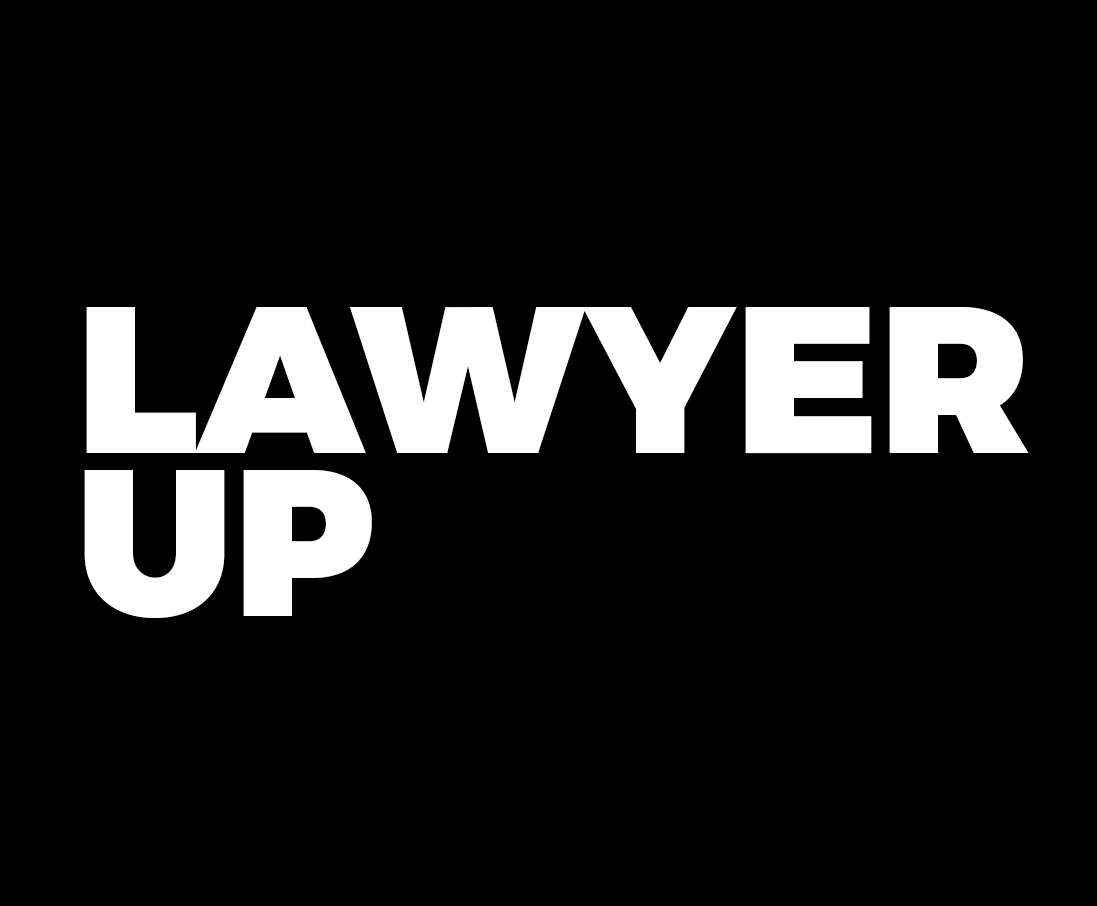Dear Mother,
I heard about the recent DEA statement regarding CBD oil and I’m panicking. What does it actually mean and how will it impact folks who use CBD oil to treat certain medical issues? (I’m thinking in particular of how I use it to treat ADHD instead of pharmaceuticals.) Will I still be able to buy it?
— Worried
Dear Worried,
The new DEA stance on CBD is certainly troubling—and can be difficult to understand. I’m happy to help break it all down and explain exactly how it might affect you.
It’s no wonder why folks are panicking over this news. The DEA’s new position is that marijuana extracts, including CBD oil, will now be classified as a Schedule I drug (akin to heroin). This new ruling won’t take effect until Jan. 13, 2017, and even then they are on shaky legal ground. However, with a new administration set to take control in less than a month, anything is possible on that front.
The Hoban Law Group, a legal team specializing in cannabis-related law, released a seven-page statement about the DEA’s stance that—while a bit hard to easily digest for the non-legal folks—does do a great deal to help assuage most fears. According to Hoban’s statement, the DEA tried to do something similar in 2003, but it was eventually rejected as unlawful and beyond the scope of its power.
Since 2003, the cannabis industry has grown substantially and there is a lot of consumer and manufacturer money tied up in it. States that have legalized cannabis for recreational or medicinal (or both!) purposes have money tied up in it. There are a lot more folks willing and eager to fight for what is right this time around.
The word on the street that I keep hearing over and over again is that this will not stick. Many lawyers and cannabis advocates are already pushing back, requesting hearings, starting litigation proceedings, seeking injunctions, and generally doing everything within their legal right and power to ensure that people who need access to life-altering/healing cannabis extract products can continue to get them.
All of that said, it bears reminding folks that, technically, CBD oil from cannabis is already illegal on a federal level and only legal in 16 states—we can argue as to how wrong and outdated that is, of course, but that doesn’t change the law.
I reached out to our friends at Frontera Law Group, another legal firm that specializes in cannabis law. Managing Partner Luke K. Stanton shared his thoughts about some of the misinformation that exists. “There are a lot of misconceptions about CBD out there, not the least of which is that CBD is totally legal from the federal government’s perspective. It’s not,” he says. “And the thing that bothers me the most is when purveyors try to glaze over that incredibly important element of the conversation. Accepting risk when you understand it is something everyone in this industry has to deal with, but not being told the risks, or not having the requisite understanding to make an informed decision, is not acceptable in my mind. We’ve seen a lot of companies way out over their skis on this issue.”
All of this said, I personally suggest stockpiling your CBD meds if you’re able to. I want to say that folks in need will always be able to access the medicine they require, but we know that is not always the case. I am hopeful that the Schedule I classification will be reversed, especially as there are really no good reasons for cannabis to continue to be categorized with heroin and bath salts. Such a scheduling feels like the DEA overreaching and strutting its feathers, so to speak, a “we do because we can” mentality. But, it never hurts to be prepared.
— Mother











